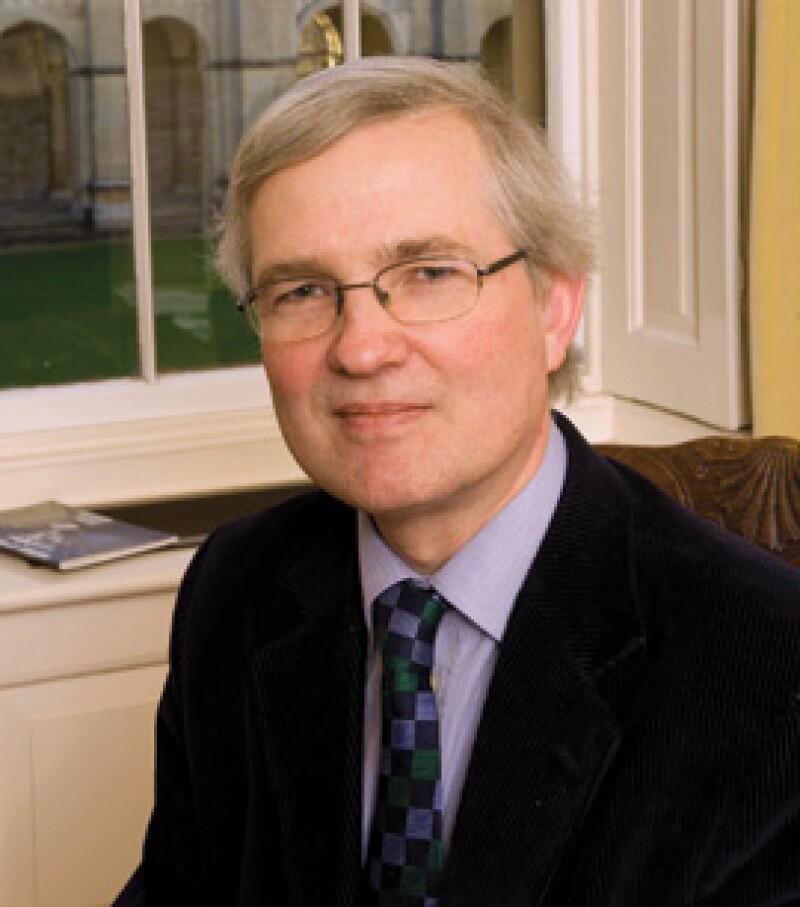
Sir Launcelot Henderson has been a judge of the England and Wales High Court of Justice, Chancery Division, since January 2007.
Henderson is one of the only tax specialists sitting in the upper courts in the UK. From 1991 to 1995, when he took Silk, he was Standing Junior Counsel to the Inland Revenue (now HM Revenue & Customs).
As a High Court judge, he has been the managing judge of several pieces of group litigation in the fields of direct and indirect tax, including the Franked Investment Income (FII) and thin capitalisation group litigation orders (GLOs), and he was a member of the general anti-avoidance rule (GAAR) advisory panel which was convened by Graham Aaronson QC.
Earlier this year, Henderson ruled in the Investment Trust Companies case concerning taxpayers’ rights to recover overpaid VAT. And in October, Henderson issued a judgment in Prudential, which is the test case for the portfolio aspect of the controlled foreign company (CFC) and dividend group litigation order (GLO).
He held that portfolio dividends received from both the EU/EEA and third countries should carry a credit for underlying tax at the nominal rate of foreign corporation tax of the dividend paying company. Henderson also found that taxpayers who overpaid tax were entitled to compound interest, regardless of whether the claim was for the repayment of unlawful tax or for the time value between payment and repayment of that tax, and said HMRC could not rely on a defence of change of position.
“The case covers a number of important issues which are to be dealt with in other cases over the coming year,” says Nicola Hine, of Joseph Hage Aaronson, the firm acting for the claimants in Prudential.
“The FII Group Litigation, which will be heard by Henderson in the High Court at the end of April 2014, deals with the taxation of dividends from foreign subsidiaries. Littlewoods is being heard at present by the same judge and focuses on the question of whether compound interest should be awarded on overpaid tax. Taxpayers will be interested to see how the views expressed in Prudential develop in Henderson's subsequent judgments,” she adds.
The Global Tax 50 2013 |
||
|---|---|---|
Russ Golden |
Margaret Hodge |
|









